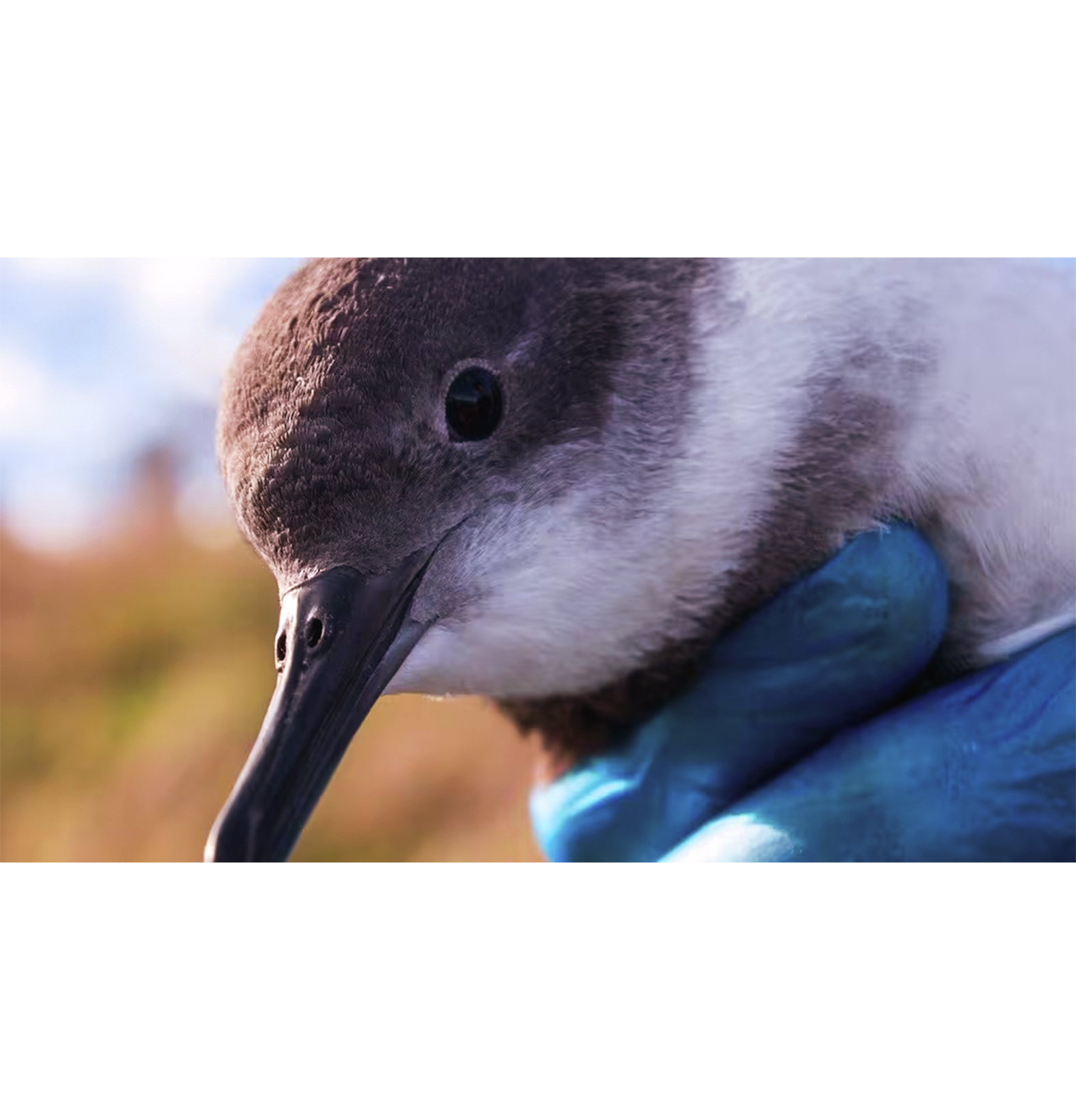“Sardine smoothies” have been on the menu for Kaikōura’s endangered Hutton’s Kaikōura’s (tītī) this season.
A lack of food has seen volunteers supplement feeding chicks at Te Rae o Atiu colony on Kaikōura Peninsula to give them the best chance at survival.
Hutton’s Shearwater Charitable Trust chairperson Ted Howard said this season has been the most successful for breeding in the peninsula colony, with 27 chicks hatching.
But global warming is taking its toll, with rising ocean temperatures forcing krill, the birds’ staple diet, to go deeper for cooler temperatures, Howard said.
The ongoing concerns for Kaikōura’s seabirds come amid calls for Environment Canterbury review the Canterbury Regional Coastal Environment Plan, which was adopted in 2005.
Howard said there was a two week period this season where the adult tītī were unable to bring back enough food to feed their chicks.
“They can lose 15 grams a day, so if they don’t get food for six days they can lose up to half their body weight.”
The birds are weighed every three to four days and if they lose a quarter of their body weight, they are supplement fed.
He described the “sardine smoothies” as having “a rather distinctive odour”.
The chicks are meant to put on weight up to 600 grams before attempting to fly and heading out to sea during March and April.
Howard said typically around 40% of the chicks returned to the colony after three or four years for breeding.
Global warming is just one of threats to the endangered Kaikōura tītī, which was once an important source of mahinga kai for Ngāti Kurī.
Threats include birds crash landing due to street lighting, getting caught in nets, plastic pollution and predators such as cats, dogs, stoats and wild pigs.
It is thought there were 10 wild colonies in 1900 and eight in 1965, but now there are just two in the Seaward Kaikōura Ranges.
Last season just two chicks survived in the Kowhai colony due to the wet conditions, but Howard is hoping for more success after half of the eggs hatched this season.
Te Rae o Atiu colony is a partnership between Tukete Charitable Trust, which owns the land, local rūnanga, the Hutton’s Shearwater Charitable Trust and the Department of Conservation.
It was established nearly 20 years ago by translocating chicks from the wild.
Howard’s wife Ailsa McGilvary-Howard has been monitoring banded dotterel nests at Kaikōura for more than a decade.
The dotterel are territorial and their nests more isolated, compared to the shearwaters which are “colonial nesters”.
This leaves them more prone to cats, rats and hedgehogs.
“Our trapping is working, but we need to get cats under control,” Howard said.
This season 130 eggs have been counted from 46 dotterel nests, but survival rates are extremely low.
Environment Canterbury councillors last month supported a motion by councillor Genevieve Robinson asking staff to report back on what would be involved in reviewing the coastal plan.
Environmental groups have expressed concerns about the plight of seabirds, Hector’s and Māui dolphins, fur seals and corals.-:One news


